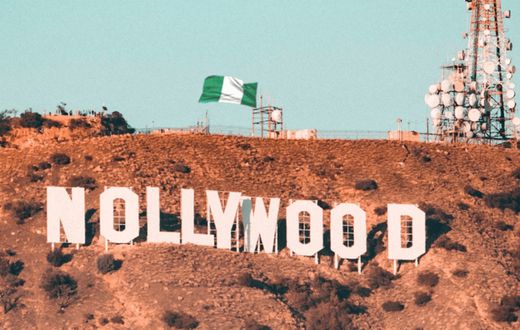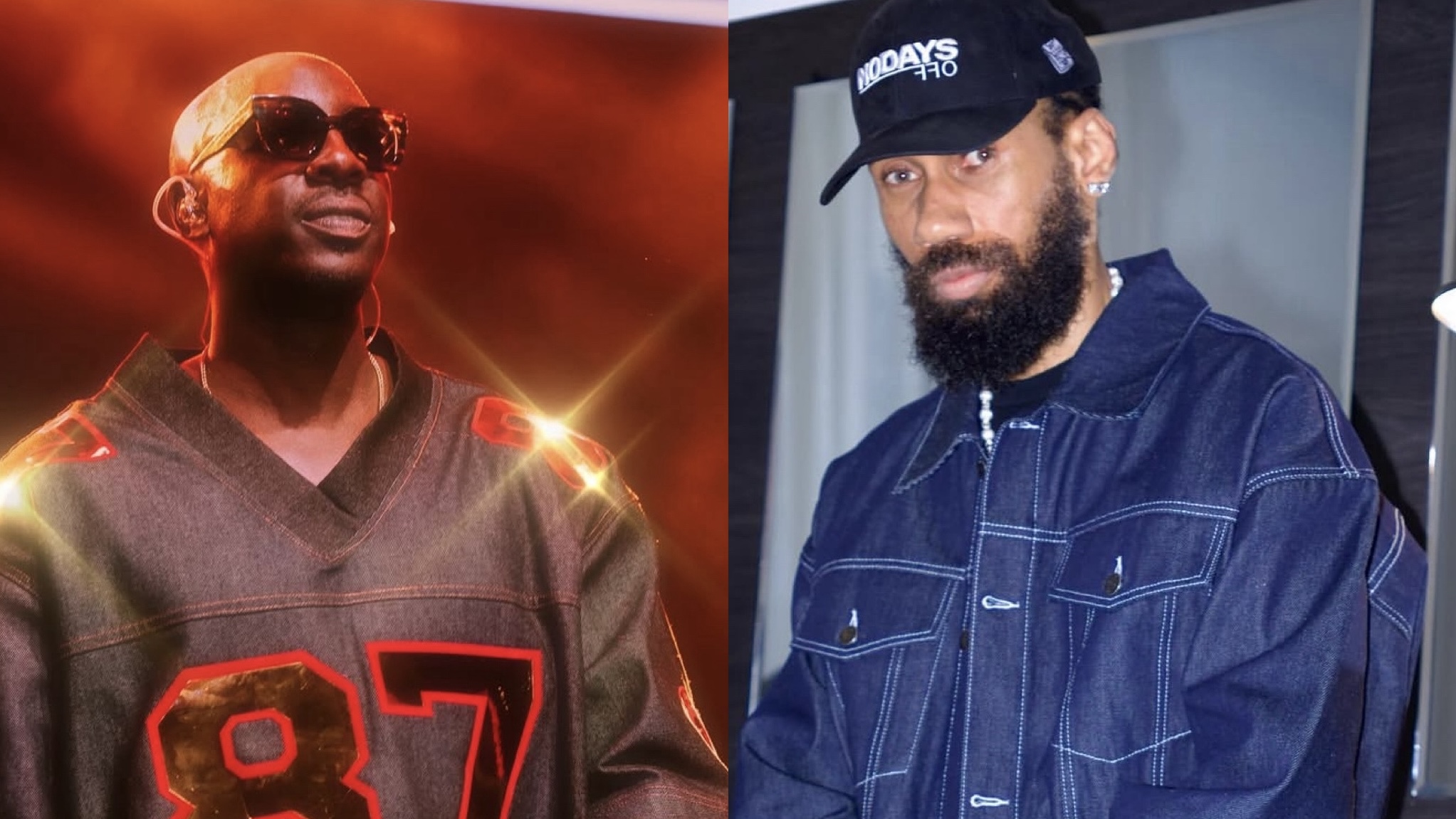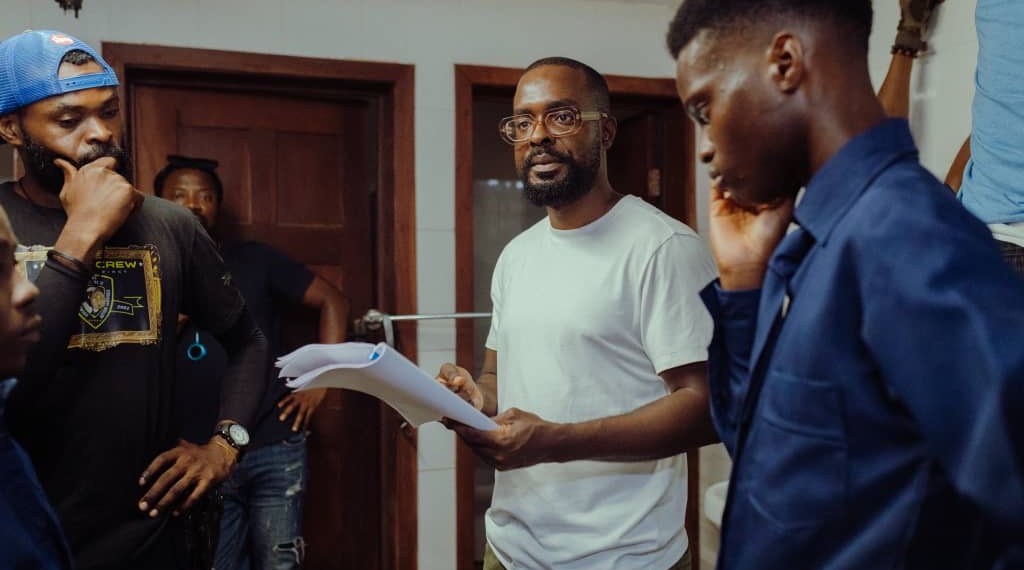For years, Nigeria’s film industry—fondly known as Nollywood—has dazzled millions across Africa and beyond with unforgettable stories, vibrant actors, and bold cultural statements. But beneath the glitz and red carpets, concerns have emerged about a growing reliance on a select group of stars, potentially sidelining promising new talent. Industry veterans like Kanayo O. Kanayo have voiced unease, warning that this “star system” could leave emerging actors and fresh perspectives in the shadows, eventually putting the future of Nollywood at risk.
His misgivings echo through the corridors of Nollywood, and with good reason. The industry’s track record sometimes reveals a willingness to prioritize commercial gains over artistic growth and depth. But the debate isn’t as straightforward as pitting established faces against young hopefuls. Instead, it’s a question of balance, access, and ensuring the industry doesn’t repeat past mistakes by shutting out the next generation of stars who could redefine Nigerian cinema. To fully understand this debate, it helps to place Nollywood’s challenges within the global context of the film industry.
What Nollywood is experiencing isn’t unique. Major film industries around the world, from Hollywood to Bollywood, are locked in similar struggles. For instance, Hollywood’s biggest franchises and box-office hits—think the Marvel Cinematic Universe or the seemingly endless reboots of Batman, Superman, and Spiderman—regularly bank on familiar actors who command global attention and revenues in the billions of dollars. Their formula: trusted stars bring assured ticket sales and investment returns.
In these franchises, star power is more than showbiz glitz; it’s a calculated economic strategy. Actors with an established following can attract audiences, sponsors, and even new investors, forming the backbone of entire industries. Nigeria’s top actors are beginning to wield similar commercial power, attracting brand endorsements and international collaborations. But is this focus on fame coming at the cost of nurturing new talents and stories?
Popularity and Talent: Building Blocks, Not Opposites
Kanayo’s concerns raise another point: does popularity equal talent? Not necessarily, though it’s easy to make that assumption. Industry insiders argue that many of Nollywood’s current “YouTube stars” or actors dominating Netflix have worked relentlessly to build their reputation—often harnessing digital platforms, hustling for roles, and constantly sharpening their skills. Their mass appeal isn’t solely a function of visibility; it’s also a result of audience connection and, often, genuine acting ability.
Being a household name shouldn’t overshadow the years of grind and self-improvement it takes to stay relevant—especially in a fast-evolving market. In fact, according to Lagos-based film critic Femi Adeyemi, “Consistent top-billed actors tend to also be the ones putting in the most work behind the scenes to remain in the game. Audiences recognise that, and their loyalty is earned.”
It’s also true that technical brilliance alone doesn’t fill cinema seats. Nigerian viewers, much like their counterparts globally, are drawn first and foremost to faces that spark a sense of familiarity, trust, and even nostalgia. For every critic skeptical of big-budget casting, there are millions tuning in for the magic of beloved stars.
Understanding Audience Preferences in Nigeria and West Africa
When it comes down to business, Nollywood producers follow audience demand—and those demands are clear. Nigerians, along with viewers from Ghana, Cameroon, and the wider West African diaspora, “vote” with box office sales, streaming views, and social media engagement. What are they voting for? Above all, they crave recognition, comfort, and entertainment that feels both familiar and authentic.
That’s why a major project starring Genevieve Nnaji instantly commands hype, and why international streaming giants like Netflix prioritize familiar faces when expanding in Africa. The same drive explains Hollywood’s constant return to safe, proven franchises—producers aren’t averse to discovering new stars, but with so much at stake, they lean into what’s proven to work. It’s an open secret, admits Abuja-based filmmaker Joy Okezie: “Audiences want value for their money and time. They’ll gladly support a Genevieve or a Ramsey Nouah movie because of the assurance of delivery.”
READ: Not all filmmakers are the same: Here’s a guide to knowing the difference
Still, this doesn’t translate to locking out new faces. While filmmaking is a true art, it’s equally a high-risk business. Producers have to recoup costs, fund new projects, and keep countless creative professionals employed. Established actors can be an investment in that sustainability—but they shouldn’t be a blockade against emerging voices.
Iconic actors attract audiences, generate needed revenue, and keep the wheels of the industry turning. As filmmaker Tunde Alabi notes, “Box office success often funds riskier projects down the line, including those that could launch new stars.”
Access, Opportunity, and the Balance of Power
Where Kanayo’s argument truly resonates is in highlighting the danger of monopolies. When a narrow set of actors consistently secures major roles, the risk isn’t just artistic stagnation—there’s a danger of sparking frustration among hopeful, capable performers who never get meaningful auditions. “It stifles innovation and locks the industry in a cycle of repetition,” observed Chinenye Nwosu, casting director at a leading Lagos production house.
But the answer isn’t to reflexively reject established stars. Rather, there’s strength in balance: pairing top-billed actors in lead roles with up-and-comers in supporting parts, bit roles, or plotlines built around new faces. This formula, used successfully in Hollywood (“breakout” stars often begin as side characters in major blockbusters), allows the industry to pull double duty: driving revenue while actively cultivating the next wave of talent.
However, the economics of casting also deserve scrutiny. Sometimes producers opt for lesser-known actors simply because of budget constraints—not due to a sincere passion for fresh talent. “Let’s be honest, casting unknowns is often about saving costs,” a veteran director, who requested anonymity, told NowaHalaZone. “If you offered most producers the budget for a major celebrity, many would take it without thinking twice.”
RELEVANCE: Are professional actors being replaced with influencers? Actress, Linda Sokhulu thinks so
Forging a Path Forward for Nollywood
Kanayo O. Kanayo’s criticism is more than nostalgia—it’s a call for critical reflection as Nollywood faces a pivotal moment. To secure a strong future, the industry cannot afford to bury emerging talent under the weight of commercial formulas and a fear of risk. At the same time, established stars—who helped position Nollywood on the global map—should not be dismissed simply for having “arrived.”
The key, experts say, lies in intentionality. Film schools, industry guilds, and streaming platforms can invest in capacity-building programmes that spotlight new actors. Simultaneously, producers can experiment with mixed casting—merging “star power” with hidden gems. Such a dual approach can be seen in other large industries: Hollywood frequently gives supporting roles to unknowns alongside blockbuster leads, while Bollywood often auditions thousands for breakout parts. Nigeria has the creative chops and cultural capital to innovate in the same direction.
Ultimately, the strength of Nollywood lies not in pitting the established against the rising, but in building a dynamic system that honours heritage while constantly inviting renewal. Through strategic casting, mentorship, and audience engagement, the industry can ensure that every generation—actors, storytellers, and viewers alike—has a stake in what comes next.
What do you think—does Nollywood rely too much on familiar faces, or is this simply what audiences want? Share your views below and join the conversation! Ready to help shape the next chapter of Nigerian film? Drop your takes, and don’t forget to follow us for more insights into the ever-evolving world of African entertainment.
Get your story featured or discuss story sales with us: story@nowahalazone.com.
For general questions, reach out at support@nowahalazone.com.
Stay connected—follow us on Facebook, X (Twitter), and Instagram for updates on Nollywood, Ghollywood, and more of Africa’s brightest stories!









